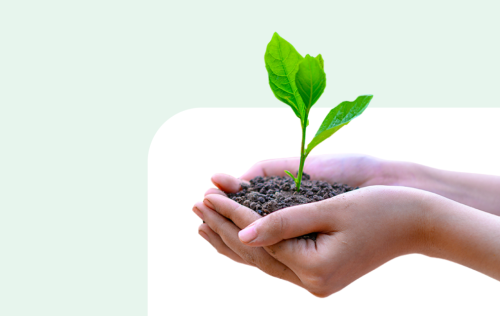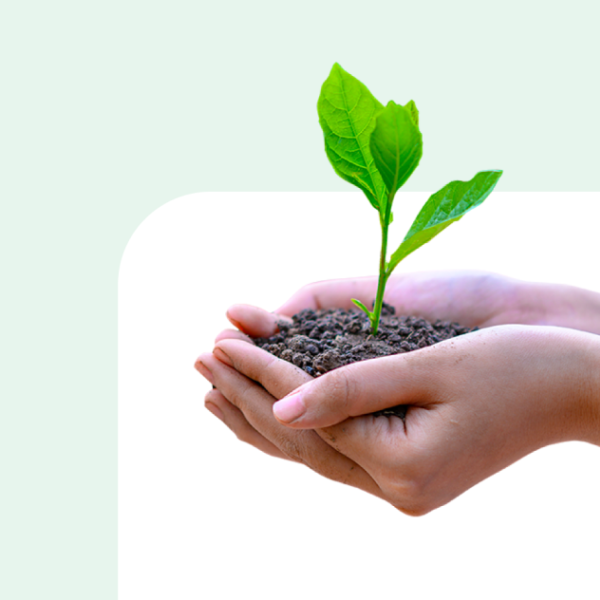infocert x Treedom
The Forest of Trust
The ‘Forest of Trust’ aims to protect the environment and society, adding to the many projects in which InfoCert takes part each year.
Each of us has planted a tree and will follow its development contributing to a more sustainable Future and bringing numerous benefits to the environment and local communities

Why did we choose treedom?
Treedom works with NGOs and local communities to select the right tree, for the right place and the right purpose, so that it grows and bears the best fruit.
Trees are valuable allies in the fight against climate change because they produce oxygen and absorb CO2, trapping it in their trunks, branches and roots. In doing so, they improve air quality and help lower temperatures by removing CO2 from the atmosphere.
Treedom projects aim to have a positive impact not only on the environment but also on people. Each new project actively involves local communities that directly benefit from the trees in terms of food resources and economic opportunities.
The trees of the InfoCert forest
650 trees in various parts of the world
Camerun
150 trees
Guatemala
50 trees
Madagascar
150 trees
Colombia
100 trees
Kenya
100 trees
Tanzania
100 trees
91,500 kg of CO2 saved
Discover the types of trees planted and their characteristics
Cacao
Cacao is an evergreen that produces small five-petalled, white, green or pink flowers that sprout directly on the trunk or main branches and offers local farmers an additional source of income.
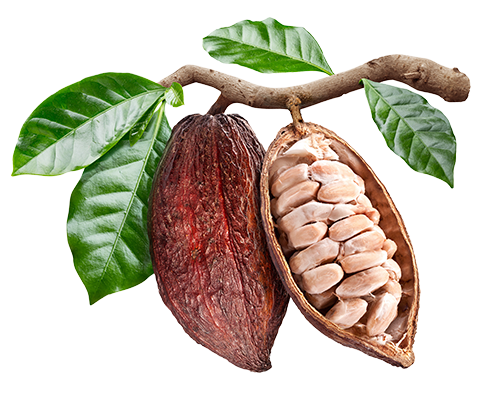
Coffe
Coffee, from whose seeds the drink of the same name is made, belongs to the Rubiaceae family and is an important source of income for local communities.
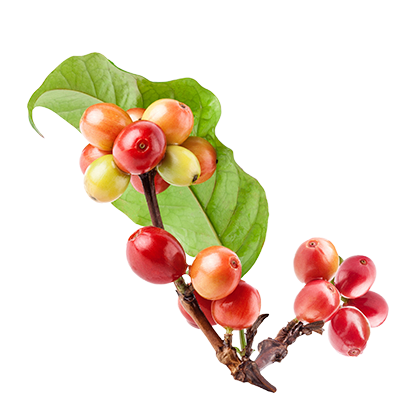
Markhamia
The African Markhamia tree, also known as the Nile Tulip, with its splendid yellow trunk is reminiscent of the most precious of metals.
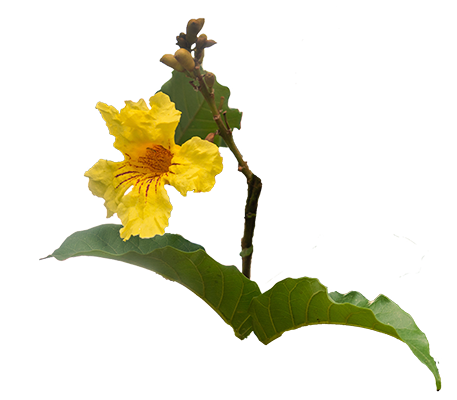
Tephrosia
Tephrosia is a small tropical plant that manages to grow in very hostile and dry environments, even improving soil quality.
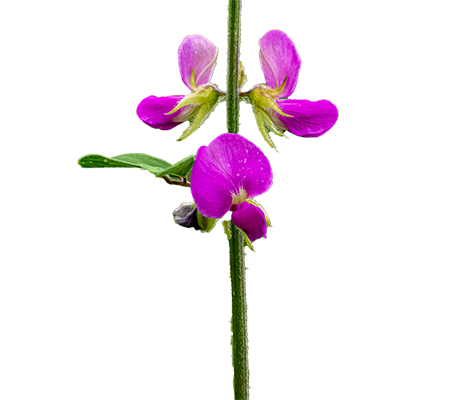
Papaya
Papaya is a small evergreen that can grow to a height of 10 metres. The trunk contains a milky juice, composed of papain, which is mainly used for medicinal purposes.
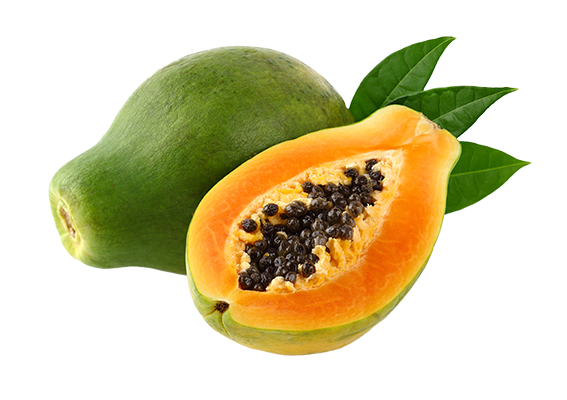
Lemon
According to some genetic studies, the lemon is probably an ancient hybrid of grapefruit and citron. The lemon trade helps populations by improving their quality of life.
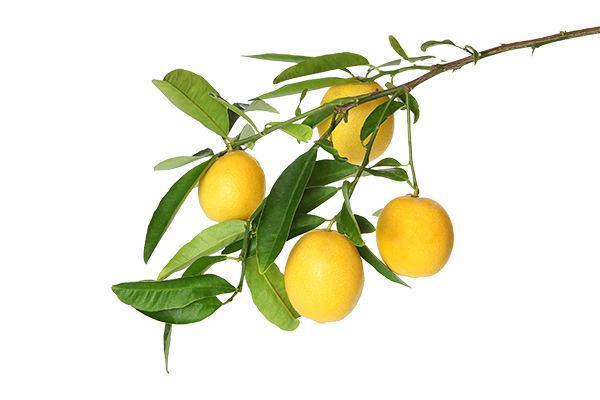
Avocado
The avocado is mainly known for its highly energetic and nutrient-rich fruit. The oil extracted from the fruit is used in cosmetics for its antioxidant and revitalising properties, while the leaves have excellent healing properties

Cacao
Cacao is an evergreen that produces small five-petalled, white, green or pink flowers that sprout directly on the trunk or main branches and offers local farmers an additional source of income

Coffee
Coffee, from whose seeds the drink of the same name is made, belongs to the Rubiaceae family and is an important source of income for local communities.

Markhamia
The African Markhamia tree, also known as the Nile Tulip, with its splendid yellow trunk is reminiscent of the most precious of metals.

Tephrosia
Tephrosia is a small tropical plant that manages to grow in very hostile and dry environments, even improving soil quality.

Papaya
Papaya is a small evergreen that can grow to a height of 10 metres. The trunk contains a milky juice, composed of papain, which is mainly used for medicinal purposes.

Lemon
According to some genetic studies, the lemon is probably an ancient hybrid of grapefruit and citron. The lemon trade helps populations by improving their quality of life.

Avocado
The avocado is mainly known for its highly energetic and nutrient-rich fruit. The oil extracted from the fruit is used in cosmetics for its antioxidant and revitalising properties, while the leaves have excellent healing properties.

Discover the sustainability of our solutions
With our digital trust solutions we support customers in reducing their carbon footprint by limiting the use of printed paper; frictional mobility and related CO2 emissions and storage space.
